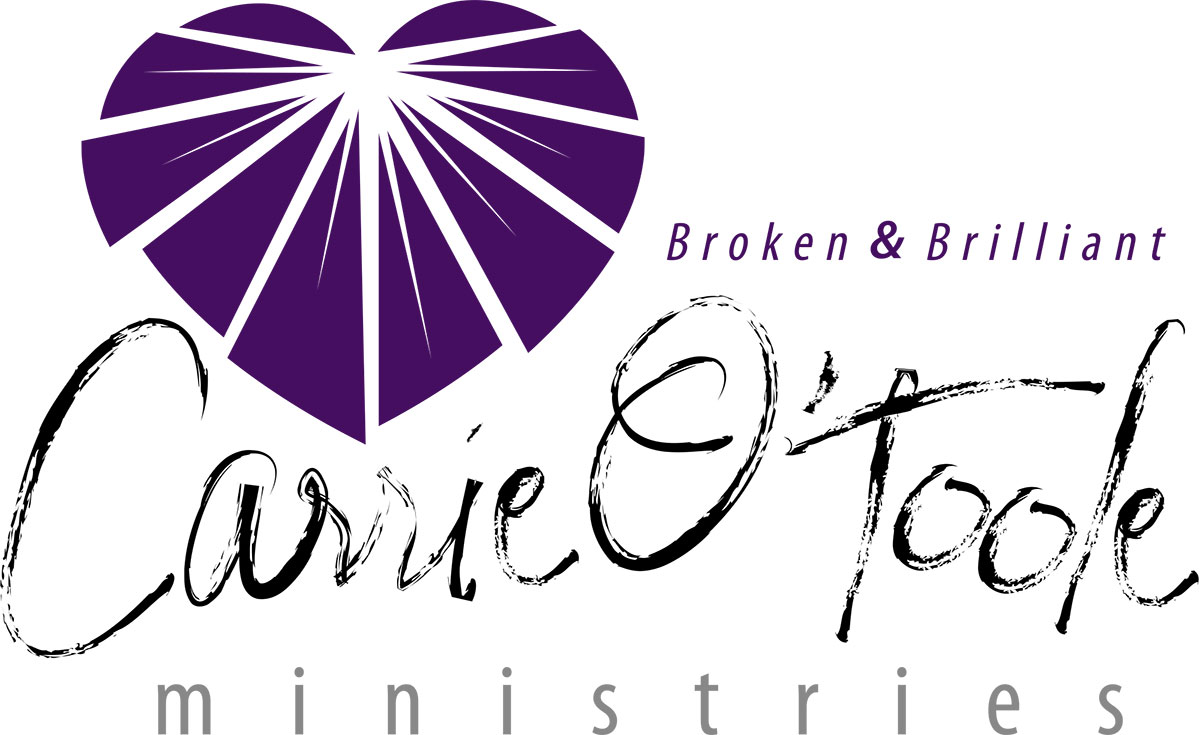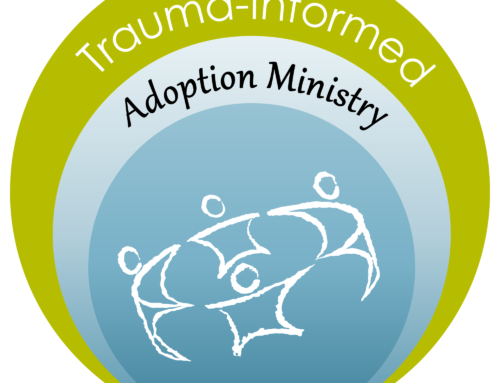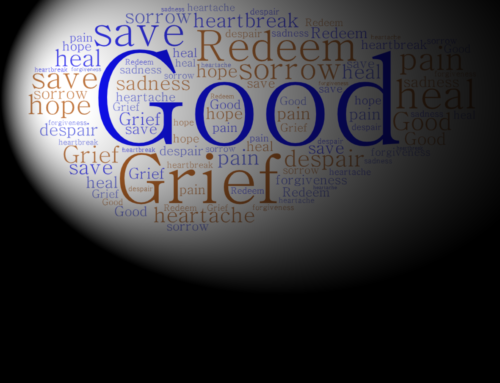
Colorado Life Coach: Victim, Survivor, or Thriver
Life is hard.
Most of us don’t make it through life without trauma of some kind.
Were you raised by alcoholic or drug addicted parents? Did you experience loss through the death of a family member or pet, divorce, a move, or illness? Were you involved in a horrible car accident or violent crime? Was your innocence taken by force? Were you betrayed by someone who should have loved you?
These and many other circumstances cause trauma in our lives.
The path back to wholeness often goes through 3 phases:
Victim, Survivor and Thriver.
Sometimes it takes time to fully understand the impact of an event that has happened. There is usually a period of denial and bargaining with God to make this awful truth, not be true. Anger and deep sadness follow. Forgiveness is the path out of hopelessness and despair. Joy will return if you work through the previous emotions and stages.
Problems develop when you get stuck.
Most people pass through this stage. Helplessness, anger, self-pity, inability to see choices, hoping to be rescued.
The victim feels:
Pain
Numb
Defeated
Controlled by memories, depression, anxiety, hatred, bitterness, revenge
Physical symptoms
Shame
Self-dislike
Fragile
Discouraged
Immobilized
Sense of no future, preoccupied with the past
Out of control
There is a payoff to identify as a victim. People feel sorry for you and you can avoid responsibility for your life. If you don’t learn from the experience, you are likely to repeat the trauma or victimization. Victims often turn to food, alcohol or other substances to numb the pain.
Time does not heal wounds. Time plus an intentional period of grief, heals wounds. Grief is the only emotion you must enter into willingly. If you avoid it, you will not heal.
Survivors enter a time of grief and start to feel a sense of satisfaction of having gotten through mostly intact. They begin to feel strong. They start to understand they have choices and resources.
The survivor:
Recognizes potential to change and grow
Lives one day at a time
Begins to take control
Starts to heal
Lives moderately well
Is neutral about life; not depressed, but not happy
Realizes that they are outside the trauma, they have gotten through it
Realizes the suffering has lessened
Confronts the trauma
Begins to integrate it into their life
Begins to resolve their guilt
Is committed to healing, trusting, and restoring boundaries
Is influenced by, but not controlled by the past
Feels mostly back to normal
Many people stop here. The work is hard. They are tired of working on stuff. It’s fine to take a break here and there, but this is not the end game.
This is where it feels like whatever you experienced was almost worth it. You are active in life and committed to move forward. You plan for the future and are self-determined.
The thriver:
Feels joy daily
Masters goals
Sees themselves as a valuable person, not a victim
Reaches out to others
Finds meaning and purpose
Has grown from the trauma
Lives well
Experiences resolution of guilt
Is generally satisfied with life
Perceives they have moved beyond trauma
Feels peace, happiness, renewal, commitment to life, optimism–despite scars
Is committed to physical health
Is committed to loving again
Feels strong, compassionate-able to connect with others who are suffering
Has learned coping skills
Has a sense of humor
Is resilient, renewed
Finds ordinary life interesting, does not need “adrenaline fix”
Is open to possibilities
Where are you in this process? If your trauma occurred recently, you may identify as a victim. That’s OK. If it’s been years and you still identify yourself as a victim, it’s time to work your way into being a survivor, and then a thriver.
If you’d like me to coach you through this process, click here.
For a licensed professional counselor, call 1-800-NEW-LIFE.
From: The Post-Traumatic Stress Disorder Sourcebook
A Guide to Healing, Recovery, and Growth
Written by Glenn R. Schiraldi, Ph.D
This post written by Colorado Life Coach, Carrie O’Toole.




